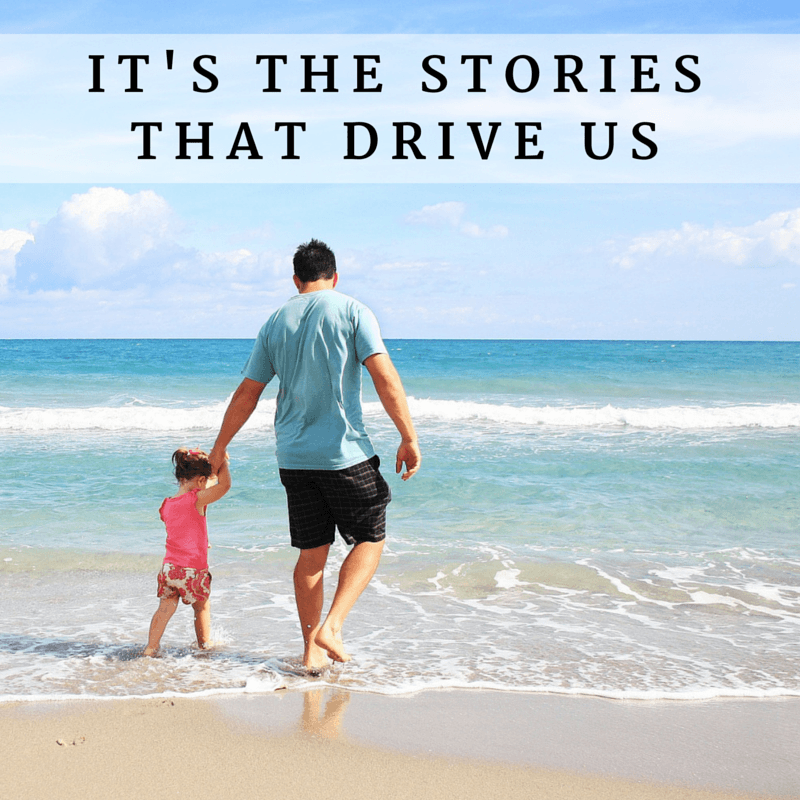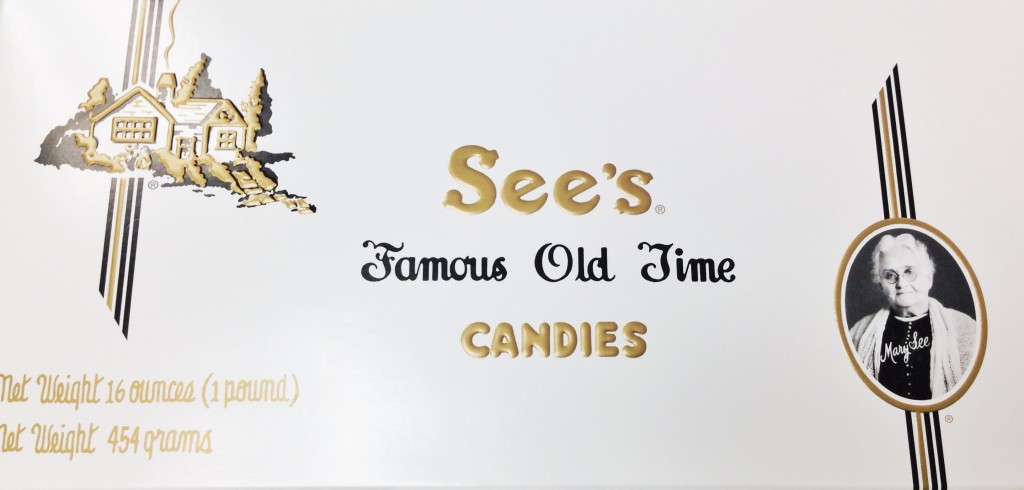
Last weekend, I missed making a weekly post for the first time in a very long time.
My son and I were at a family reunion out West. Between non-stop activities, getting reacquainted with family I haven’t seen in a while, and generally having fun chasing around my son and all his new cousins, I decided the post wasn’t nearly as important as what I was doing at the moment.
When our family gets together, people come from all over. Usually, it includes a few people from the “old country” and some extended family members (a few times removed) that my father has met through his genealogy research. This reunion was no different. What was different was my perspective.
 When I was little and just wanted to play, I used to roll my eyes at all the adults talking about this and that from long ago. Now that the oldest generation is gone, and my father and his siblings are that oldest generation, I’m hungry for the stories. I’ve heard some of them so many times I can repeat them myself, but I always hear new ones and this reunion was no exception.
When I was little and just wanted to play, I used to roll my eyes at all the adults talking about this and that from long ago. Now that the oldest generation is gone, and my father and his siblings are that oldest generation, I’m hungry for the stories. I’ve heard some of them so many times I can repeat them myself, but I always hear new ones and this reunion was no exception.
What was new this time around was not hearing the stories. Instead, I became one of the ones sharing stories to younger cousins who I have not seen in many years. Stories that involve people that are now lost to us, that they may not remember well because they were too young to hear the stories or remember what the rest of us do.
I have officially become one of the adults, talking about days from long ago. I now wonder, what caused the change? Is it the story-based leadership at work that has inspired me to participate in story-telling with the family? Or is it the history of story-telling in my family that inspired me to become a story-based leader…and I’m only now catching up at home?
When I returned to the office, I was surprised by a gift from someone in our corporate office that I have never met. I had recently posted a story on our internal network in response to a general request. She wanted to know if we’d be willing to share the reason why we give to our charities of choice, to inspire others to give and take advantage of a company matching donation.
I shared a very personal story and she felt that it inspired others to write their own, which then inspired increased participation across the company. I’m certainly not the only person who shared a story, but her thought was the early participation and deeply personal nature of the story may have inspired others, hence the gift.
It costs me nothing to share a story and reveal a side of me that others may not be aware of. Maybe a little pride (depending on the story). Maybe a little time (or a lot if it’s one of my stories). The benefits of connecting with others through stories – they can bring insights, joy, relief, hope or laughter – are priceless.
I would like to share one story about my family as long as I’m here. I am a chocoholic and come by it honestly. My grandmother, who has been gone now for 10 years, loved See’s candy. My grandfather, who passed away years before I was born, used to bring her a box every week. It was a big deal for her to share with her children, and later her grandchildren.
I moved to New England almost 11 years ago and can no longer get See’s candy. When I visit my family for holidays, Santa always brings me a box. I never buy my own – in our family they are a gift to share. With this visit, I finally broke down and bought a box, planning to share the occasional piece with my son. When I got to the checkout, however, I decided to buy two.
The next day, upon my return to work, I left a wrapped box of chocolates on the “candy desk” in the middle of my team’s work area. At first no one knew who had left it, until one noticed “See’s Candy” peeking through the wrapping paper. They immediately knew it was from me and worried that maybe I left it there by mistake when I passed by that morning – they know my addiction!
I assured them that I bought two, with plans to share. Hopefully they already knew, but if not, now they know for certain how important they are to me. In my family, there is no truer expression of caring for someone than sharing your See’s candy.
Stories can be pretty powerful stuff. What ways do you use stories in your leadership or at home? I would love if you would leave your thoughts in the comments to keep the conversation going.









2 Responses
Kristin, I believe that stories are incredibly powerful, although, sadly, many of us fail to realize their value until the most important storytellers in our lives are gone. We then yearn for details that have been lost forever.
As parents, we get “eye-rolls” when we share our own stories with our children (understandable, perhaps, when we pause to realize that they’ve been heard so many times before.) We are left to wonder whether our own tales will be remembered – whether they will live on, or have any impact when we’re gone.
In the world of business, there is data, and there is information. Raw data, bits and bytes and factoids, become useful when they are assembled with a bit of insight to form a story. At that point, random data points become useful/actionable information. We may not remember the monthly sales figures as exact amounts, but we’ll remember the trend because the trend tells a story.
Cultures have persisted for centuries, enabled by the oral tradition. They are that powerful. In our time, even as we’re subjected to information overload on a daily basis, it’s the thread of a good story that enables us to block out the noise and focus on those things that are worthy of our time and attention. In the grand scheme of things, our very own stories may represent our best shot at a sliver of immortality.
Thank you for sharing your stories, which are always enlightening and enjoyable.
I couldn’t attend the reunion in part because I was celebrating my first anniversary with my husband. He gave me a box of See’s Candy. I think he’s a keeper. (Hope to see everyone next time!)